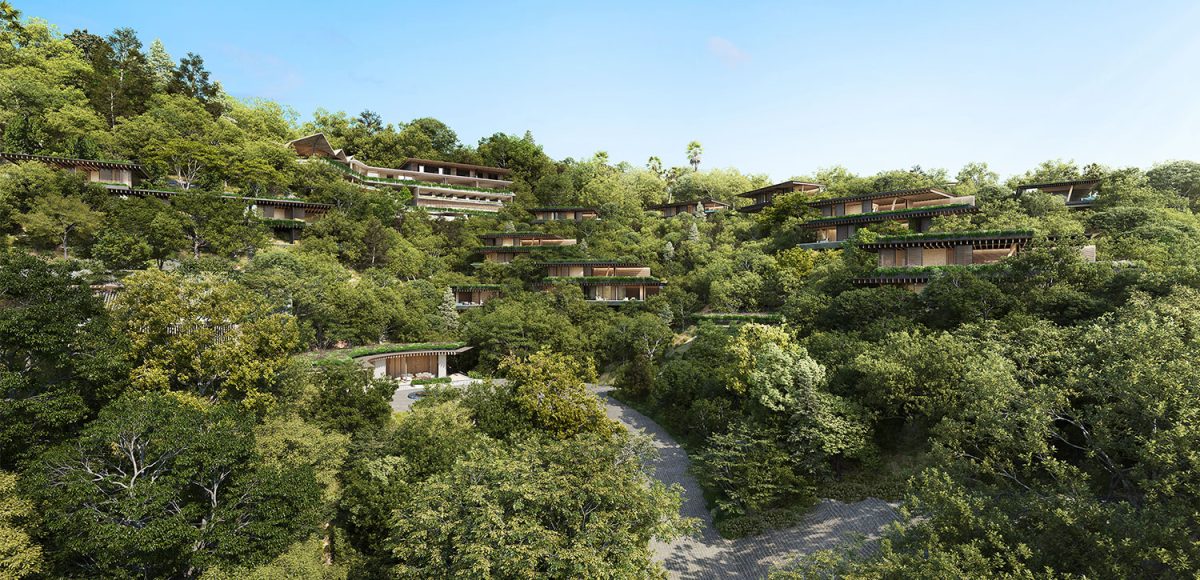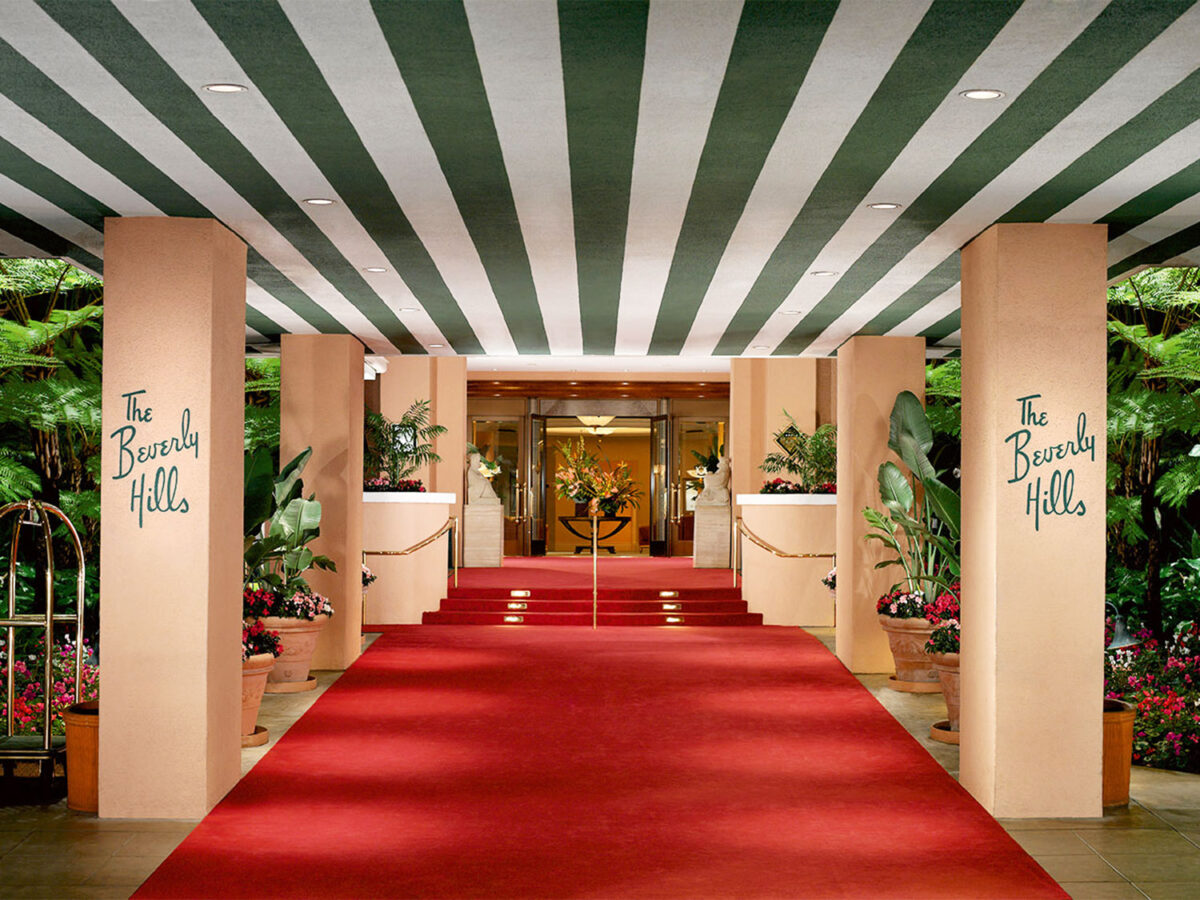A Los Angeles City Council committee remained deadlocked this week regarding a motion to reconsider land use designation for the Bulgari Hotel project in Benedict Canyon. The motion requesting the director of planning to reconsider the designation will move to the full council for approval, but as a result of a 2-2 vote on March 21, there will be no recommendation from the city’s Planning and Land Use Committee. `
“Colleagues before us today is a motion that I introduced last week to put an end to development that many in my district and I have been fighting against for years,” Councilwoman for the 5th District Katy Yaroslavksy said. “And, I have been fighting against it for years.”
Yaroslavsky said her district is overwhelmingly opposed to the project, as is Mayor Karen Bass and environmental groups such as the Sierra Club and the Santa Monica Mountains Conservancy.
“And from a land use perspective, allowing an intensive commercial use in a very low density, fire-prone residential area is a terrible idea,” Yaroslavsky said. “Nowhere in Los Angeles are we allowing new commercial uses in low-density hillside communities, specifically because of the wildfire and landslide risks.”
The project, introduced in 2018, would be located 9704-9712 West Oak Road. It includes plans for a 59-room hotel and eight single-family homes on an approximately 32.67-acre property, according to the motion. The hotel portion would include 18 buildings totaling 59 guest rooms, a standalone parking structure, funicular railway and a main hotel building including outdoor amenities, commercial space and subterranean parking. The residential portion of the site would contain eight single-family homes, ranging between 12,000 and 48,000 square feet with associated garage parking. Gary Safady, the developer proposing the project, said in published media reports that he was working to contain events on site “as much as possible, making the hotel seem to blend in with the environment.”

Safady also said events would be smaller in size than at two nearby hotels–the Hotel Bel-Air and the Beverly Hills Hotel–and that any removed trees would be replaced on a 4-to-1 basis. Safady, who called in during the meeting’s public comment period, urged the committee to allow for due process and further asked for accurate details to be made public about the project.
“This is why it’s critical for the process to continue to allow the public and responsible agencies to continue to review CEQA process and safety features,” he said.
More than 30 speakers called in to express their opposition to the project and most reiterated the same concerns Yaroslavsky mentioned in her comments. But a few Benedict Canyon residents and several representatives from labor unions encouraged the committee to support the hotel project, saying it would create job opportunities and allow for more Angelenos and visitors to experience the beauty of the canyon. Councilman John Lee, who voted against the motion, asked for clarification on whether the city had ever rescinded an amendment to the general plan for a development project, but staff from the Department of Planning could not provide answers.
Yaroslavsky, who said she had lengthy conversations with both the City’s Attorney’s Office and the Planning Department, said it was within the discretion of the department to rescind the process it had started, and added that the decision to do so cannot be arbitrary and capricious.
Councilwoman Monica Rodriguez, who also voted no, agreed with Lee that it’s important to allow for due process.
“There is a process and I’d like to stick to it, and be transparent and consistent about it,” Rodrigruez said. “I believe that an environmental impact review will substantiate all the concerns that are being raised in this process.”
Councilman Marqueece Harris-Dawson, who supported the motion along with Yaroslavsky, reiterated that the motion would ask the director of planning to consider rescinding the initiation of the amendment to the general plan, which would give the Bulgari Hotel a specific designation that would allow the commercial project to be developed in a residential area. It’s “not instructing or requesting,” he added. “This is a tricky project, that on one hand, people say well wait a little longer, which is sort of always the refrain when folks want more time to negotiate,” Harris-Dawson said.
“I suspect at the end of the EIR, people will want to wait a little longer for something else because the council is taking a strong stance and the neighborhood councils have taken a strong stance, and you know where they’re going to be,” he continued.







